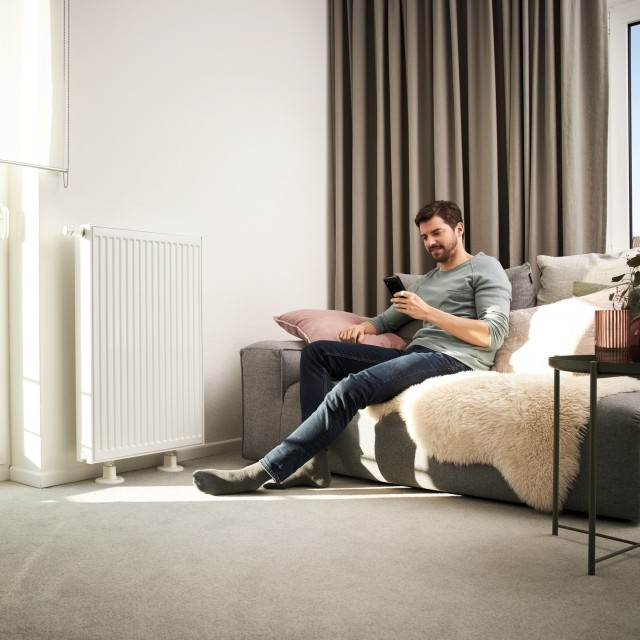Although your electrical appliances are an essential part of everyday living, using them in the most efficient way possible. Making some small changes to your daily habits can help lead to significant savings on your bills.
A few small adjustments can include:
Taking shorter showers
Showers are considerably more energy efficient than running a bath each day. However, taking a shorter shower can help to lead to even greater savings on your bills.
Put your washing on a cold and quick cycle
The misconception that putting your clothes on a hot wash is the only way to clean them. However, putting your clothes on a hot cycle can be more costly, as high temperatures require a larger amount of electricity. Instead, putting your wash on a 30 degree wash could use up to 57% less energy, whilst still cleaning your clothes just as well!
It can also be beneficial to do a larger wash, less frequently, even if that just means putting one less wash on per week. Using your washing machine less often but with bigger loads can help contribute to lowering both your energy and water use.
Don’t overfill the kettle
When making a hot drink, only fill the kettle up with the amount of water you require. Filling the kettle up to the maximum each time you need hot water is not only wasteful, but it also is not an efficient way to use your kettle, as more water will require your kettle to use more energy to reach the boiling point.
Adjust the temperature of your fridge freezer
Your fridge freezer is an essential item in your home, but they do tend to use a fair amount of electricity to store your food at the right temperature.
Adjusting the temperature of your freezer by a degree can help to reduce your energy bills as it's not having to work as hard to keep your food cool.
Its important to not overcrowd your freezer as the more items, the harder the appliance as to work, requiring more energy in the process.
Use ‘eco’ mode on your appliances if possible
Modern electrical appliances such as dishwashers, washing machines and microwaves tend to have an ‘eco’ setting available, meaning they operate at a lower speed and cooler temperatures. By opting for the eco setting, your appliances are using less energy helping to save money on your bills.
For older appliances, consider investing in a more efficient model for longer term benefits including energy savings and warranty cover.



_image_640w_360h.jpg)
